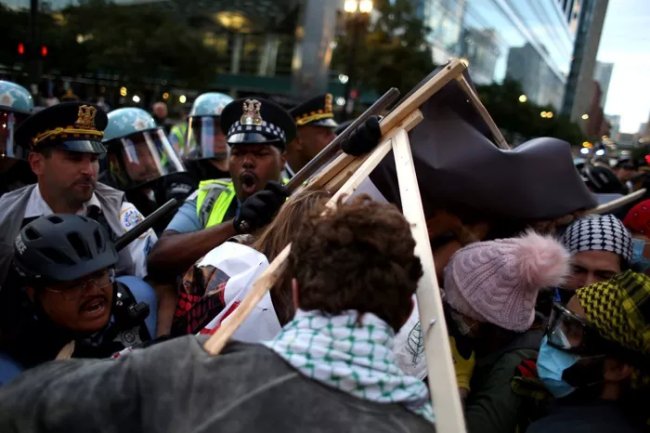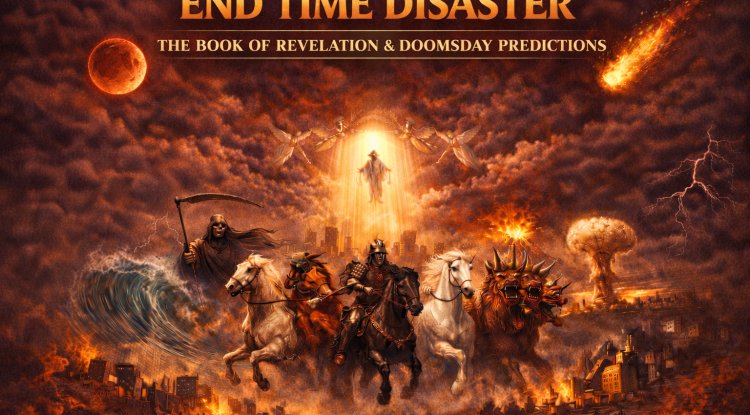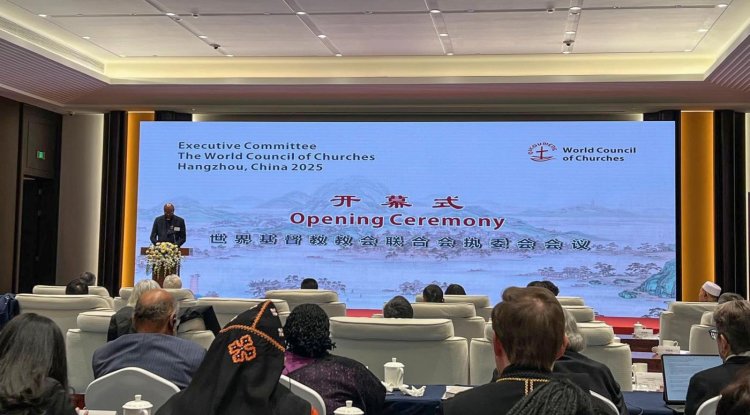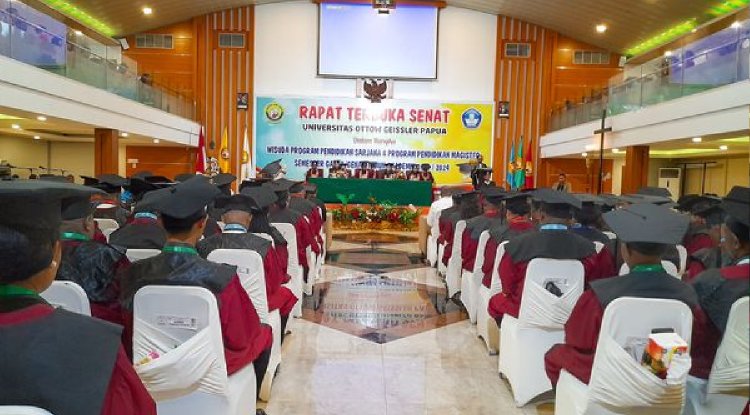WHEN POLITICS BECOMES YOUR RELIGION
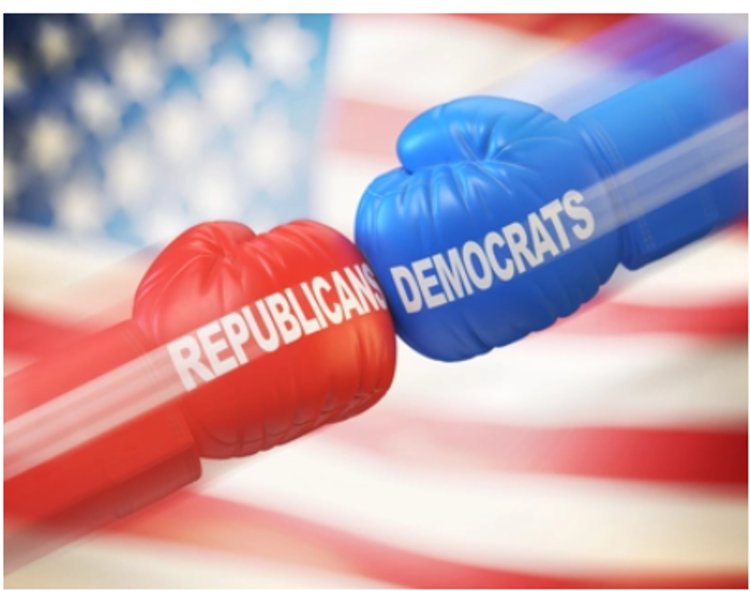
You might think this could never happen to you. C. S. Lewis, in a book written over 80 years ago—*The Screwtape Letters*—discusses the danger of making politics your religion. Lewis puts these words into the mouth of a demon uncle-professor teaching his nephew one way to destroy his human target:
"Let [your patient] start by treating … Patriotism or Pacifism as part of his religion. Then, under the influence of partisan spirit, let him come to regard it as the most important part. Then, quietly and gradually, let him reach the stage where religion is only part of the 'struggle,' where Christianity is valued mainly for the very good arguments it can produce."
Could this happen to you someday? Or even today?
I hope not, because you would suffer greatly if it did. Unfortunately, at least on the surface, this seems to be happening frequently today.
Too many people who claim to be Christians on both sides of the political spectrum seem convinced that they are in the midst of a global existential battle determining human life and death. If the other side (heaven forbid!) wins, the result will be certain national destruction. The sovereignty of God, um, is “ignored.”
They unconsciously fall into the point where they define themselves more by their commitment to social justice than by their theological claims. And they have no problem, either mentally or physically, ostracizing opponents if that person takes one or more wrong political positions, with a harsher ostracism than if the same individual committed some theological heresies.
Even if this doesn’t sound like you today, “… let him who thinks he stands take heed lest he fall” (1 Corinthians 10:12). This brings us to the question: How can we all prevent ourselves from reaching a point where politics puts God in second place?
Old Lie
From MAGA supporters and conservatives on the right to social justice warriors on the left, there is no denying that quasi-religious political activism is rampant. Cultural commentators debate why this seems so severe and continues to grow.
Some say that social media and ideologically-driven news echo chambers have confined us into warring factions. Others point to the growing spiritual emptiness within people that they try to fill with politics.
In this regard, it is undeniable that the political sense of connection many people find is replacing the social connections they once found in church. This is especially true for those who have completely abandoned their faith and are looking for something that provides the same satisfaction.
For them, political conventions can have an atmosphere identical to lively and joyous church worship. An inspiring candidate's speech warms the heart like a fiery evangelistic sermon. Regularly donating to a politician's campaign replaces tithing.
But from there, things can turn darker. Soon enough, the “live and let live” mindset shifts, and the “other side” is seen as an enemy to be conquered.
“Whether it is religion or politics, sectarianism is about two hostile identity groups that not only clash over policies and ideologies but also view the other side as alien and immoral,” writes Nate Cohn of The New York Times. “It is the antagonistic feelings between these groups, more than ideological differences, that drive sectarian conflict.”
And the conflict becomes hotter when a group of people truly believes they have the only answer to society’s problems. Pope John Paul II described the danger of such a scenario in this way: “When people think they have the perfect social organization that makes evil impossible, they also believe they can use any means, including violence and deceit, to bring about that organization. Politics then becomes a 'secular religion' operating under the illusion of creating a paradise on this earth.”
When this point is reached, two things usually happen within a person: 1. The primary object of liberation from social problems becomes the government, not the Creator. People grow tired of waiting for God to fix things; 2. The Scriptures are discarded as absolute truth and moral authority. When cultural values conflict with the Bible, the culture wins.
This transformation has occurred continuously throughout history, both on an individual and societal level. For example, listen to what historian Antonia Tripolitis says about the troubled Hellenistic-Roman world: “The general populace no longer placed their hopes or faith in the old gods, whom they believed could not alleviate their daily encounters with the hardships of Hellenistic life… It was a time of widespread material and moral insecurity. The unstable conditions of the time made people yearn for and seek soteria, salvation, release from the burdens of mortality, misery, and failure of human life. People everywhere were highly alert to every new message of hope and eagerly sought personal saviors, someone who would bring salvation, that is, deliverance or protection from these hardships of life.”
Sound familiar?
The question is, how can we as Christians prevent ourselves from reaching such a point? The first step might be to conduct an honest self-examination and ask questions like:
· Do I more frequently witness about Joe Biden, Kamala Harris, Donald Trump, etc., than about Jesus Christ?
· Do I feel this nation is more threatened if the wrong person is elected than if this nation rejects God and His truth?
· Do I view those on the opposing political side as enemies rather than people who need to be listened to and won for Christ?
· Do I take pleasure in thinking about the defeat of my political opponents?
· When I imagine how God's higher purposes can be achieved, do my thoughts immediately turn to political parties and politicians?
· Is my political viewpoint, in practice, a major aspect of my identity?
· Do I think God is on my political side and opposed to those who disagree with me?
If so, you may have already been captured by the enemy in the way Screwtape describes to his student: “Once you make the World your goal, and faith a means, you have almost won the man, and there is little difference what earthly goal he pursues. Provided that meetings, pamphlets, policies, movements, goals, and crusades are more important to him than prayer, sacraments, and charity, he is ours.”
Journalists Paul Huyghebaert and Bobby Harrington summarize this unfavorable state in this way: “… the nature of politics, whether right or left, is to grow in importance so that it dictates your deepest hopes and fears. If left unchecked, it will claim your ultimate loyalty.”
For Christians, at that point, you are now engaging in idolatry. So, let’s not let politics become our religion, keep God in first place, and do as John said: “Little children, keep yourselves from idols” (1 John 5:21).
What's Your Reaction?








